Good morning! It’s Q and A Wednesday – a chance to ask your questions about writing to an all-star cast of author volunteers. This week’s guests are Erin Dionne, Diane Zahler, Sarah Darer-Littman, and D. Dina Friedman. Please take a few minutes to check out their websites if you’re not already familiar with their great books, and then you can fire away with your questions!

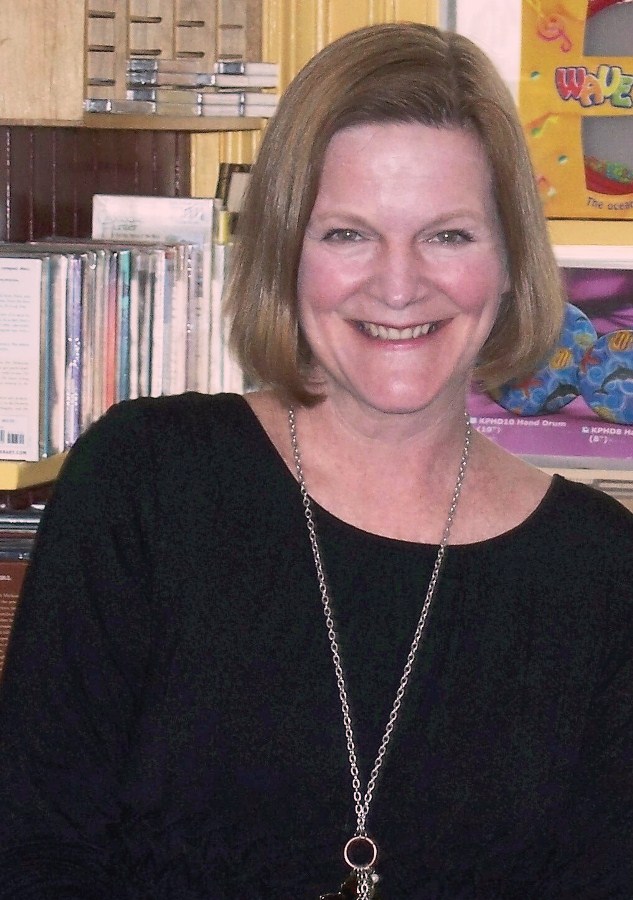


Teachers & librarians – Feel free to ask your questions in the comments. It’s fine to ask a general question or to direct one directly to a specific guest author. Our published author guests have volunteered to drop in and respond when they can.
Guest authors – Even if today isn’t a day you specifically signed up to help out, feel free to answer any questions you’d like to talk about. Just reply directly to the comment.
Got questions? Fire away!

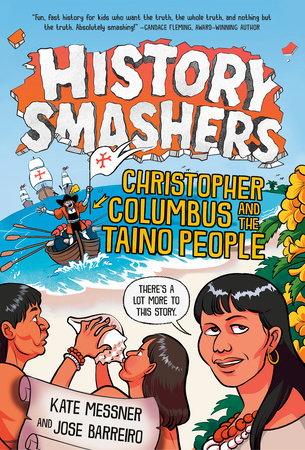
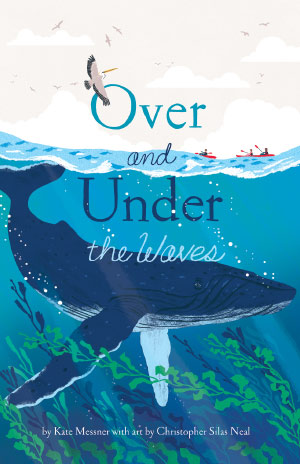
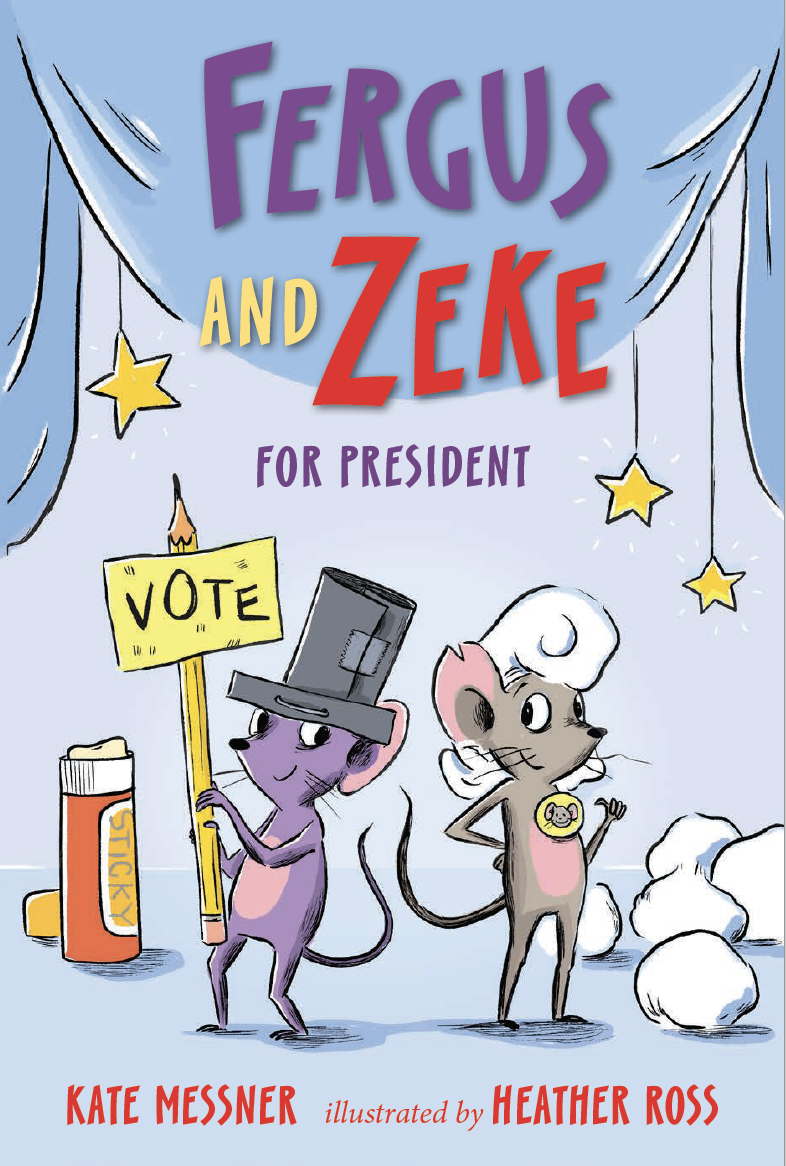
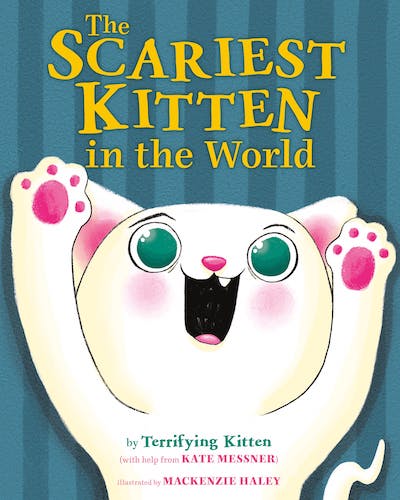
I’ve always loved to write but as my professor told me in college ‘Your stories are riddled with grammatical errors’. Do you have any recommendations to help those of us who weren’t really into diagramming sentences and were daydreaming through that class?
Definitely get good proofreaders to help you, but another recommendation would be to read a lot of books written by authors who write well and read closely – examine how they put sentences together and learn that way. It’s more entertaining and enjoyable than reading grammar how to books!
Kristina
Sarah and Diane are right– good grammar is important. Another trick, though, that I use with my students is this: most of us speak with better grammar than which we write. Try reading your piece out loud (recording it, even!). You’ll hear what doesn’t sound right, and hopefully that will give you a first-round check of some pesky issues. Good luck!
Kristina, I’m just popping in to add that I’m a bit annoyed at that professor. Yes, grammar is important and the suggestions for improving form the writers here are great. But worrying too much about the small things that can go wrong can keep you from getting to the big things, which seem like were important to you then and are important to you now. Write first. Then you get deal with the smaller stuff that truly is fixable. That’s how most of us do it (even me, who is a bit infatuated with grammar — but still realize I left a mistake in this message and am going to live with it.) good luck!
Hi Kristina —
I\’ve written textbook lessons on grammar for decades, which is why I can identify grammatical errors (though I\’ve never actually diagrammed a sentence — thank goodness they don\’t do that much anymore!) Even so, I still have to look up gerunds every time I write about them. I think that like anything else, grammar skills are a matter of practice. Get someone who knows the stuff to read your work and identify the errors that really stick out — do you use passive voice? run-on sentences? Do your verbs and subjects disagree? And then find yourself a grammar book and figure out what you\’re doing wrong and how to fix it. The problem with \”stories riddled with grammatical errors\” is that the errors might distract readers from what REALLY matters — the meat of your story. As boring as it is — and grammar is NOT exciting, even for those of us who love it — it\’s important. And sadly, I don\’t know of any shortcuts. So get thee to a grammar text and unsplit those infinitives!
Diane
Great advice! Thank-you! It’s like analyzing artwork.
Exactly! You need to know what you’re looking at to be able to figure out what’s wrong with it. “I know what I like” doesn’t cut it with grammar!
I am ridiculously stuck on a story. Two years stuck to be exact. The reason I am stuck is because it is getting too close to home, and I have family members who could possibly identify themselves in the story. Since I’m to the part where I need to “kick the crap out of my main character” I am coming up with some good ideas of how to do that, but they are also too close to home. I have put up two postings of sections I have changed to make my main character as much different as I can, and am pleased with the results. But that process has brought me back to a point of being stuck. I have already tried putting the story aside for quite awhile (obviously), and have written other things while the story was “on the shelf”. I’ve considered abandoning the story altogether but, I think the plot is one I want to get out there. Plus, except for this stuck part, I have had a blast putting this thing together. I will look forward to hearing any ideas or tricks you can share so I can make a jab at finishing this project. Thanks.
Wendi —
This is a fascinating question, and one that I think memoirists must grapple with constantly. It’s not really up my alley — no family members would recognize themselves in my fairy tales (except my son, who shares a name with a heroic prince). But I have written and published a short story that hit a bit close to home, so I can guess at your anxiety. What I did — and it was true — was simply keep repeating, “This is fiction, not memoir.” If the story insists on being told in a particular way, you may not be able to force it to go another way. Write the thing as it wants to be written. Then think about what you should do with it. You may find, when it’s done, that there are changes you can make to protect the innocent. You may find that you don’t have to change it. You may find that you don’t want to. But you won’t know till you finish it.
Thanks, Diane, this will help.
Hi Wendi
Diane is very wise. To quote Stephen King, you need to “write with the door shut”– write it as-is, for you, and finish it. Then you can go back and change potentially harmful or damaging things. But you can’t censor yourself in the middle of the process. Just get it on paper.
Sometimes, writing close to home can also have emotional consequences for the writer, which can also lead to being stuck. If this is the case with you, too, you might need to power through the emotional core–get it on paper loosely, then flesh it out when you reach the end. Either way: finish first, worry later!
Keep writing!,
Erin, more great advice. Thanks.
I love writing both non-fiction and fiction, but I find that fiction is harder in terms of figuring out the plot. With non-fiction, you already know what happened.
Any advice on how to work through plotting? References? Exercises? Erin, I’ve especially noticed the tight plotting of your books. How did you make it look so easy?
Hi Wendy!!
Thanks for your kind words. Plotting doesn’t come easy for me–character does. I spend a lot of time prewriting in a journal before I even start a book, getting to know my characters. For me, they are the pivot of the whole story. When I write, I’m what we call a “pantster” — I don’t outline or plan a plot. It makes for a messy draft and editing process, but discovering what happens next is part of the excitement of telling the story. However, *because I know my characters so well*, I’m (hopefully) coming up with authentic situations and authentic reactions. I do a lot of honing in on plot during the editing process to make everything come together (and I also find that my subconscious will do some work for me: “oh! I can USE that blue vase I wrote about in chapter 2 HERE!”). Lastly, the other piece of information that I know is how my characters will change by the end of the story–selfish to generous, insecure to confident, etc–so it’s a matter of finding situations to precipitate that change. Maybe that’s an approach you can take: how do you want your characters to change, and what will cause that?
Both Erin and Diane have given great advice. From my own experience of writing books that while they aren’t autobiographical, have drawn on real life experiences and emotions, sometimes the scenes we avoid writing are the ones that we don’t want to face for reasons that have nothing to do with the writing and everything to do with ourselves and our experience. When I submitted the first draft of my book WANT TO GO PRIVATE? to my editor, one of her comments was – “It sounds like they just went on a car ride together.” I realized that I hadn’t wanted to even think about what happened to my MC while she was away with the internet predator, because of my own experience having been abused as a child. I had a long discussion about it with my editor, and we decided that the MC had to refer to what happened, even if in small snippets of flashback. And I knew that in order to do that, I had to open the door on that hotel room and face what happened. It turned out that hardest scene out of the whole book to write was the one that only a few sentences of actually appeared in the book. when I first started writing it, I started having nightmares and had to stop. I kept on revising but then I got to part three of the book where I couldn’t continue unless I did it. And one day, when the kids were at school, I just said to myself, “Okay, girl, this is it. We have to do this thing.” I was shaking and felt sick by the time I finished writing it, but it was done. No one will ever see the entirety of that scene. I kind of want to burn it. I hate that I even had to write it or think about it. But it was facing those personal demons that make the story more visceral and effective, and I think is why I get the letters from readers who say that they relate to the book. So as Erin said, close the door, be brave and face the demons for the first draft. Then worry about the rest of it once the story is on paper.
Thanks for such a personal response to my question. I am inspired to move forward.
Hi-
I’m curious as to whether you have an opinion on using foul language in a YA book. I don’t tend to use it often myself and yet I’m finding that a couple of my teen characters swear in certain situations in my WIP. I imagine I could try to get around it by simply alluding to it- “he swore loudly”, but it’s not the same. I don’t want it to be gratuitous language, and would not use it with the intent to insult or shock, but I want to represent the kind of person who speaks this way. (It would be occasional- not every other word or anything, though there are those people out there too!) Any advice?
I’ve only written MG, where swearing is generally not acceptable, but I still have an opinion. I think that if swearing is an important aspect of your character’s personality, and not gratuitous, then you should probably go for it. There are plenty of very successful YAs out there that include profanity. Some include lots of it. Some include lots and lots. I find the use of fake swear words grating, and I think frequent “he swore loudly”s would probably have the same effect. That said, be prepared for the possibility of a little blowback. But hey, controversy is good, right?
Jen,you chose the right genre! One of the the hallmarks of ya is that four letter words get used just as you suggested. Keep doing what you’re doing!
I think profanity is totally acceptable in YA if it’s used authentically, to reveal character. Look at Scott Blagden’s, DEAR LIFE, YOU SUCK. It’s part of who the character is, so it never feels gratuitous. I think we know that teens swear, so you don’t have to put it in every character’s mouth all the time. Choose the one that it has the most impact on for character and go from there.
Hi Jen – as someone who has used swears, for me it’s about being authentic. When I’m writing my first draft, I just write without thinking about the swears, writing as I think the character would actually speak. But then in revision I DO pay attention, and think, “Okay, does this really need to be here, or can the character express this in a different way without using the swear?” If the answer is that the most authentic way for the character to express his or herself is to use that word, then I leave it in. Otherwise, it’s cut.
Hi-
Sorry to post so late, but it is still Wednesday. Hopefully, someone is up and can answer a question.
I wondered how you choose the point of view for the story? Is there a “right” way to tell a story? And if you have any solid resources that would help study point of view, please send them my way. Any suggestions would be greatly appreciated. Thanks!
Hi Andrea —
This is a very timely question for me! My new book, Sleeping Beauty’s Daughters, started out with two narrators speaking in the 1st person, morphed into one 1st person POV, and now is told through the other main character’s POV. And I’m in the middle of a WIP that has one version in 3rd person, one version in 1st.I still don’t know which I’m going to go with! 1st person has the benefit of allowing you as the writer to be in your character’s head, see through her eyes. But that can also be limiting, as you can ONLY see through her eyes. 1st person can also create a more immediate connection between the character and readers, too. But 3rd has its own benefits, giving you as the writer far more omniscience — the ability to see and describe more than the main character can see. Which POV you use depends entirely on the work and your own purpose — and it might not be clear as you begin writing. My own experience proves that it isn’t necessarily set in stone until the book is published!
I tend not to use writing resources — maybe one of the other authors can steer you to something useful. But try playing around with POV in your writing. You’ll very likely find that one POV clicks for you and for your story. Hope that helps!
Sometimes choosing the right point of view is a matter of experimenting. For Want to Go Private? I originally thought it would have to be written in third person, because the MC would missing for a good third of the book. I wrote 12,000 words and something was wrong. It wasn’t working. I loved the story but I hated how I was telling it. It seemed flat. And then I had this idea for a different structure for the book where it could be told in first person, but with a twist in the POV. I talked to my editor about it and she agreed, and so I started over and suddenly the manuscript came alive. People who have read the book tell me when the POV twist comes they want to murder me. It actually raise the tension in the story. So as Diane says above, play around. You might not want to be as slow to figure out you’re on the wrong track as I was, but writing a chapter in each point of view could help you figure it out : )
Hi Andrea
Linda Urban, who has written 3 novels, each from a different POV, has an excellent blog post about it here:
http://lindaurbanbooks.com/2013/01/22/point-of-view-one-authors-perspective/
I have written in first person for each of my books, and am looking to experiment in the future based on Linda’s post.
Thank you all! Very helpful responses 🙂